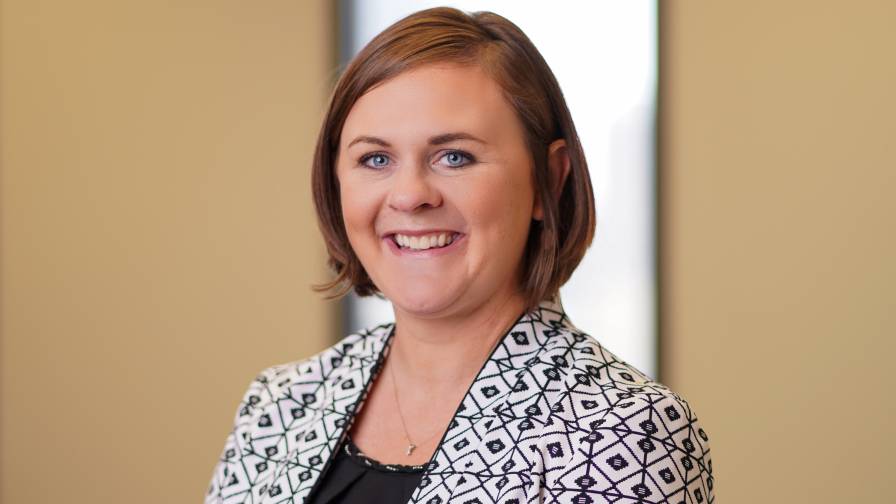How Murray Equipment Has Built a Resilient Business to Navigate Market Challenges
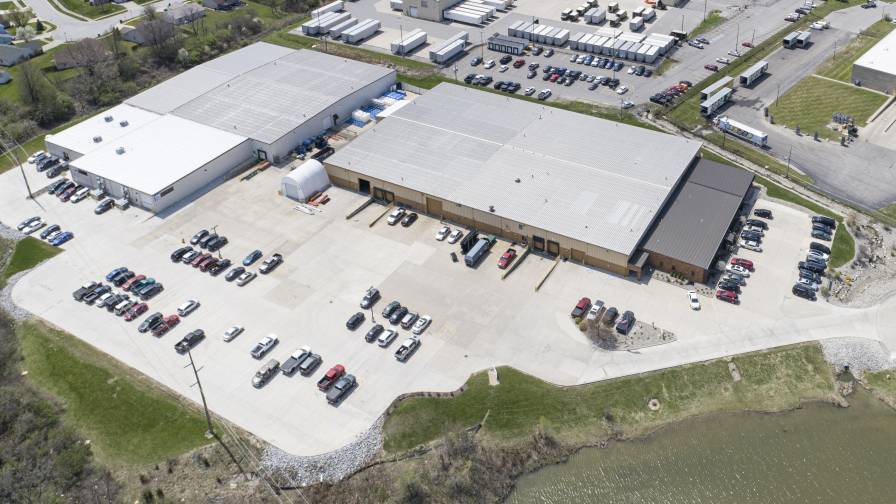
Aerial view of Murray Equipment, Inc. (MEI), which is headquartered in Fort Wayne, IN.
In the world of agriculture, Murray Equipment, Inc. (MEI) has made a nice name for itself as a product innovator and reliable partner to its customer base. And according to Owner/President Dan Murray, this is no accident. In fact, he says, this ties back to company’s beginnings.
“If I was asked to pick one word that best describes the kind of company MEI is today, it would be resiliency,” says Murray. “That’s been an important factor in our ability to navigate our way through all of the complications we are going through in today’s world.”
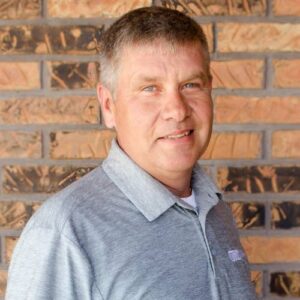
Todd Scobie, Sales and Marketing Manager, MEI
Todd Scobie, Sales and Marketing Manager, adds another important word that could be used to describe MEI’s business model in 2022. “Diversified,” says Scobie. “We manufacture all kinds of products that our customers need to operate their businesses efficiently, such as software systems, in-plant controls, and all sorts of different things to keep things working for them.”
Murray agrees with this assessment. “MEI is a unique company in many important ways,” he says. “We write our own software, we manufacture our own panels and controls, we engineer and fabricate our own systems, we manufacture flow meters, all from our production plant here in Fort Wayne, IN. About the only thing we don’t do is installation.”
Founded in the 1950s
In truth, many of the products and services MEI offers to its customers today harkens back to the ideals the company was originally founded upon by Murray’s family members. “My grandfather and great-grandfather worked for a company called Tokheim Corp., which manufactured pumps,” he says. “But my grandfather, Clarence, got the idea to start his own business, offering just service and repairs for these pumps, so he founded MEI in 1950.”
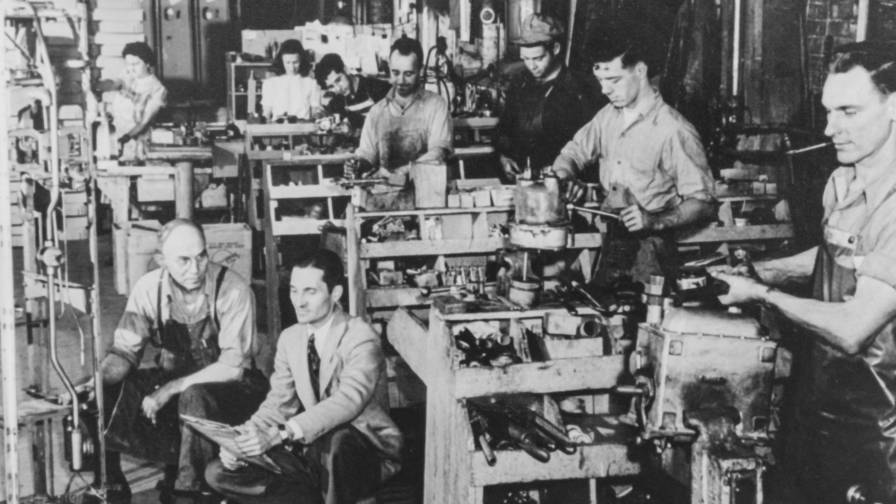
In the 1990s, MEI bought the rights to build the old Tokheim meter. Today, the new and improved version of this meter is known as the TCS 682.
For the next 30 years, MEI continued not only performed service and repair work for its customers, it also worked in the petroleum equipment industry. Then, in 1980, the company hired some employees from Allied Chemical Co. and began to establish itself as a leading producer of fertilizer and chemical equipment. “From this point on, MEI then started developing products such as software, automation systems, and in-plant controls,” says Murray. “And in the 1990s, MEI even bought the rights to make piston flow meters from my grandfather’s old employer, Tokheim.” By the early 1990s, the company decided to divest its petroleum equipment division and focus solely on the fertilizer and chemical industry.
By this time, Murray joined the company as a full-time employee, in 1997.
Looking at the world of 2022, Murray is proud of how MEI has successfully navigated all the market challenges that have reared their ugly heads recently. Fortunately, he says, the ongoing COVID-19 pandemic hasn’t directly disrupted MEI’s ability to meet the needs of its customers. “We been able to maintain staffing throughout the pandemic period,” says Murray.
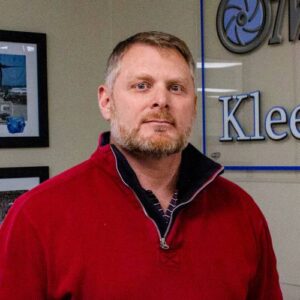
Dan Murray, President, MEI
However, there have been some obstacles when it comes to the labor side of the business, he adds. “A lot of Baby Boomers retired early during the past few years in many industries, ours included,” says Murray. “We have managed to keep growing at a rapid rate and haven’t lost many employees. But this trend has negatively affected many of the suppliers we work with. That means we have had to get creative in some instances to keep the materials we need to operate coming into our plant.”
This ties back to a larger challenge MEI – along with many other manufacturers – has had to deal with over the past year or so: Supply chain disruptions. According to virtually all manufacturers across many industries, logistic and transportation issues have left many products and raw materials scarce and difficult to get in a timely manner. And in his mind, Murray doesn’t foresee this supply chain issue alleviating itself to any great degree “until the end of 2023.”
To address this dilemma, Murray says MEI has been extremely proactive in working with its suppliers and customers “at all points,” to keep as far ahead of potential supply chain disruptions as possible. “Starting in 2021, we worked with all of our suppliers to arrange for the purchase of the products we would need to keep our business going for at least the next two years,” he says. “I’m sure many other progressive companies are taking the same approach, because in this kind of supply environment, it’s critical to plan at least that far out if you want to stay in business. I think this will be a huge hurdle for companies that haven’t planned that far ahead.”
Future Plans
As the head of MEI, Murray is excited about the company’s upcoming 75th anniversary, which will take place in 2025. “I am looking forward to that date a lot,” he says. “Between now and then, I see more of the same for MEI as a company. I certainly don’t see us slowing down in any way.” He adds that there is already a fourth generation of Murray family members ready to step into roles with MEI.
“Seventy-five years is significant,” says Murray. “Usually, third generation owners flounder, but we are growing and getting stronger. That is something to celebrate! We’ll continue to streamline our business and vertically integrate our operations.”




